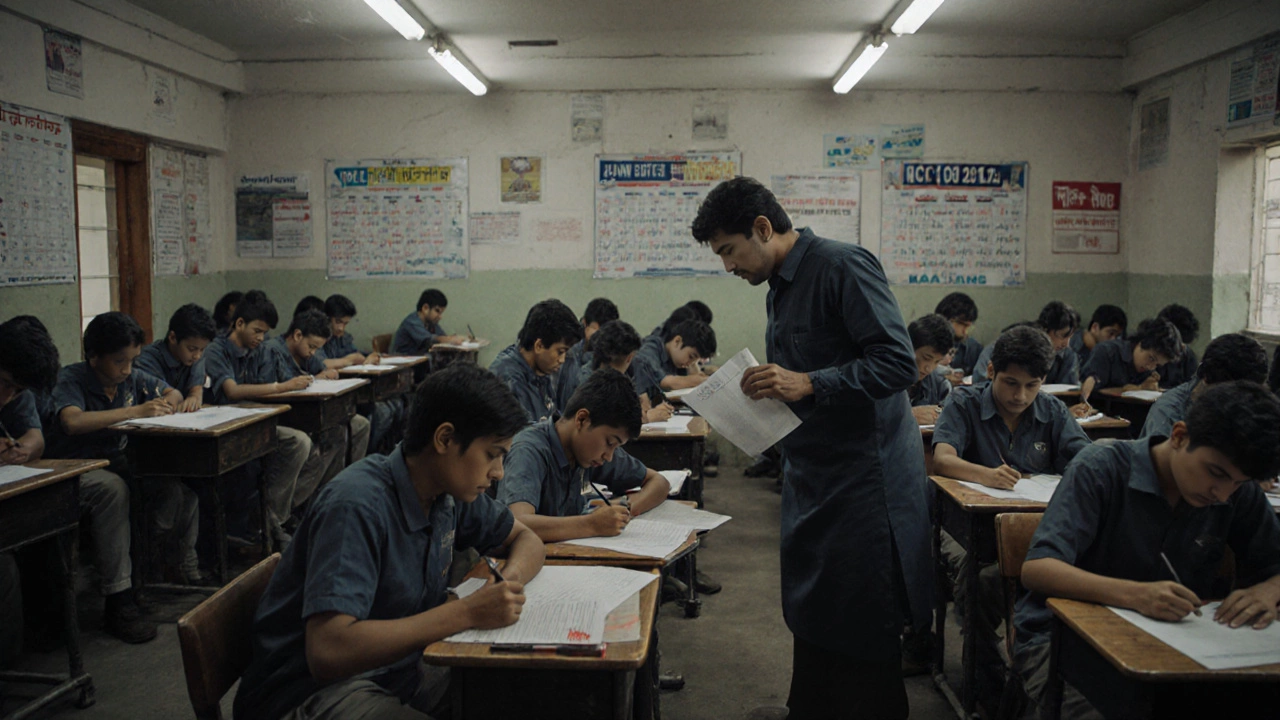Dubai Education: What You Need to Know About Studying in Dubai
When you think about Dubai education, the system of schools, colleges, and universities in Dubai that serves both local and international students. Also known as education in the UAE, it blends global standards with local culture, making it a top choice for students from Asia, Africa, and Europe. Unlike traditional education hubs, Dubai doesn’t just import foreign curricula—it adapts them. You’ll find American, British, Indian, and Australian systems all operating side by side, often under one campus roof.
One big reason students choose Dubai education is the mix of affordability and quality. Tuition at top universities like Dubai Knowledge Park, a major hub for higher education and training institutions in Dubai, hosting international branches like Heriot-Watt and Middlesex University is often 30-50% lower than in the US or UK, without cutting corners on facilities or faculty. Many programs are taught entirely in English, and degrees are often accredited by international bodies, so your diploma holds weight back home. For students from India, the Gulf, or Southeast Asia, the cultural familiarity and low cost of living make it easier to adjust than moving to Canada or Australia.
But it’s not just about universities. Dubai’s vocational training system, a growing network of skill-based institutes offering certificates in IT, hospitality, healthcare, and logistics, aligned with Dubai’s economic goals is quietly becoming one of the most effective pathways to jobs. If you’re not aiming for a four-year degree, you can still get certified in high-demand fields like cybersecurity or hotel management in under a year. Employers in Dubai actively recruit from these programs because they’re designed with real industry needs in mind.
Visa rules are straightforward: if you’re accepted into a recognized institution, you get a student visa tied to your enrollment. No sponsor needed from family—just proof of admission and a bank statement showing enough funds. And unlike some countries, you can work part-time while studying, often on campus or with approved employers. Many students use this to cover rent or travel, not just spending money.
What’s missing from most guides? The real cost of living. Rent in areas like Dubai Marina or Jumeirah can be high, but campuses in Academic City or Knowledge Village offer affordable student housing. Public transport is reliable, and most campuses are walkable or connected by free shuttles. You don’t need a car. And while the weather is hot most of the year, indoor spaces are air-conditioned, so it rarely disrupts daily life.
For parents considering Dubai education for their kids, the school options are just as diverse. From IB to CBSE to British curriculum, you can find a school that matches your child’s previous system and future goals. Many schools even offer Indian festivals, Hindi classes, and vegetarian meal plans—something you won’t always find in Western countries.
Below, you’ll find real guides on what actually matters: how to pick the right university, what scholarships are available, how to handle the application process, and which degrees lead to jobs in Dubai—and which don’t. No fluff. Just what students and families need to know before they pack their bags.
- November
20
2025 - 5
Is Dubai Education Better Than India? A Real-World Look at CBSE vs. Dubai School Systems
Is Dubai education better than India? This article compares CBSE schools in India with international and CBSE schools in Dubai, focusing on curriculum, stress levels, university outcomes, and real-world learning experiences.
Read More